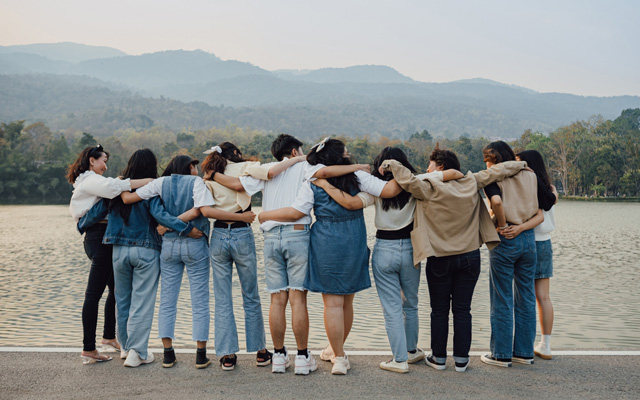Corporations are reshaping incentive travel to meet the evolving expectations of their millennial and Gen Z workforce.
These younger generations value experiences, seeking trips that blend professional recognition with personal growth and cultural immersion.

As a result, programmes are moving away from conventional luxury getaways and towards purpose-driven journeys that integrate sustainability, community engagement, and authentic local encounters, shared buyers at IT&CM Asia & CTW APAC 2025.
Paula Wong, founder and CEO of Paula & Co DMC (Thailand), shared that companies in Thailand are increasingly involving their millennial workforce in event briefings prior to the incentive trip.
She shared: “By inviting employees to contribute ideas and preferences, organisations are not only delivering engaging travel programmes, but also fostering loyalty and a stronger emotional connection to the workplace.
“It also gives them a sense of ownership and ensures activities resonate more deeply with their interests and values.”
Wong added that incentive programmes shaped by millennial and Gen Z tend to avoid fully packed schedules, as participants now prefer having free time to explore or pursue personal interests.
In addition, these younger generations are drawn to community-based tourism activities that carry a strong sense of purpose and highlight sustainability. When included, teambuilding activities are usually light, held in comfortable air-conditioned settings, and designed to encourage company bonding.
Carrie Xu, sales manager at Beijing-based A Trails, shared that clients with a Gen Y and Gen Z majority are usually in the IT, petroleum, architecture and design sectors.
She observed that these younger participants also show strong interest in soft adventure activities, such as hiking, camping, and ATV rides.
While many incentive groups still comprise a mix of age demographics, Xu noted that programmes are usually tailored to accommodate both younger and older participants.
This flexibility, Xu added, has become a key factor in designing successful incentive itineraries.
Tamas Varga, director of operations from I Like MICE in Hungary, shared that he is actively working with younger individuals to craft social media messages. By engaging younger voices, I Like MICE ensures that incentive travel programmes are promoted in ways that resonate with millennial and Gen Z audiences.
He added that the preferences of these younger groups often include gastronomy-driven experiences, such as dining at Michelin-star restaurants, discovering local street food culture, or enjoying curated culinary workshops with chefs.
Authentic experiences, such as hands-on craft making with local artisans or immersive cultural exchanges, Varga added, also help participants to feel a genuine connection with the destination.





















